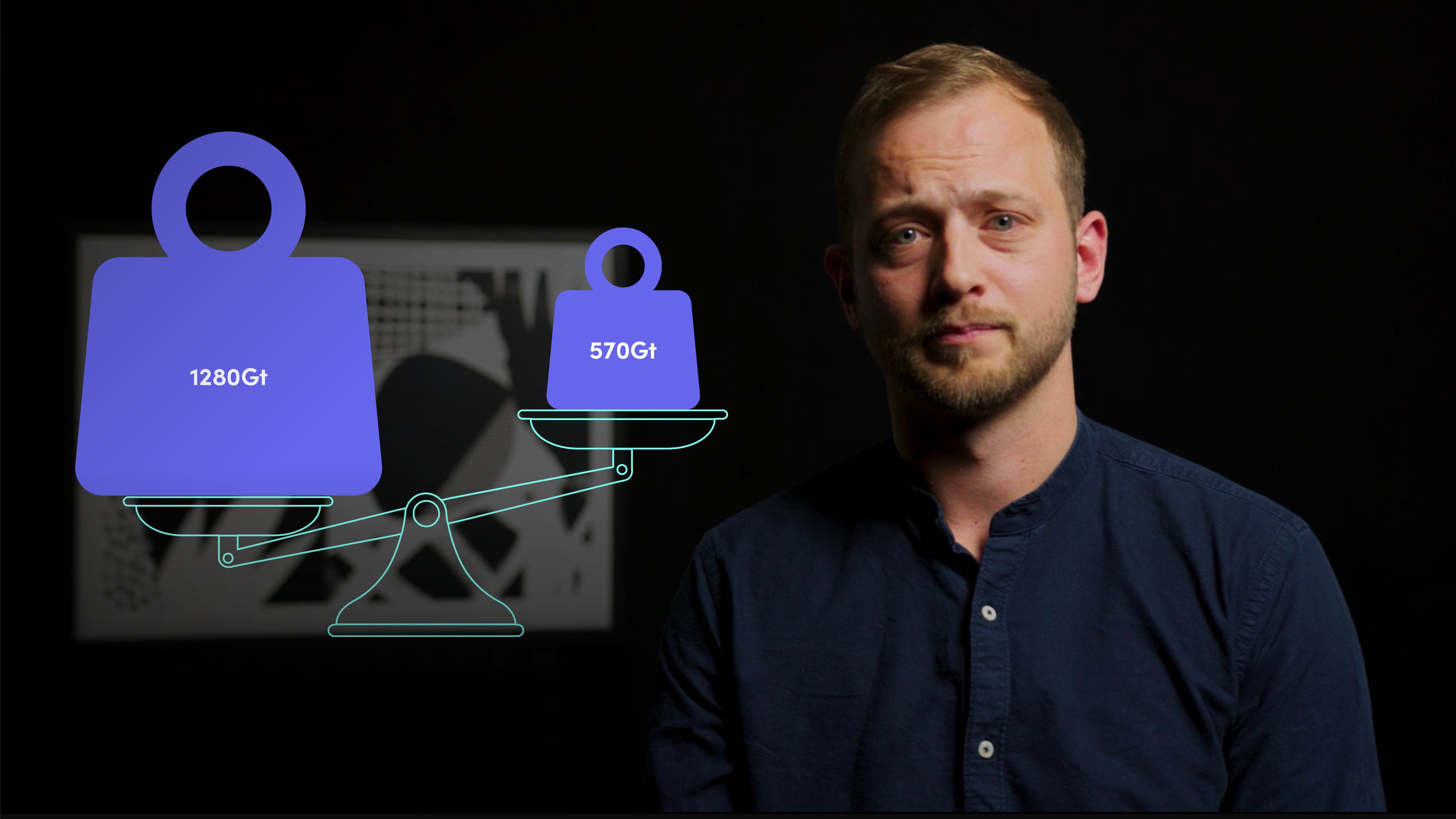
Stepping Stones to Net Zero

Sam Hope
5 years: Carbon Markets
In this video, Sam Hope talks about the net zero mandate for corporations and how this target can be broken down into effective and achievable stages for responsible businesses.
In this video, Sam Hope talks about the net zero mandate for corporations and how this target can be broken down into effective and achievable stages for responsible businesses.

Stepping Stones to Net Zero
11 mins 53 secs
Key learning objectives:
Understand the net zero mandate for corporations
Outline the four categories to achieve net-zero targets
Understand the importance of transparency in net zero
Overview:
There are around 5000 companies that publish their annual carbon footprint, but only about one-third of them measure their complete scope of emissions. However, these businesses typically lead the global listed companies leaderboard. To encourage their supply chains to follow suit, we need these companies to continue advocating for a gradual approach. This will likely result in a multiplying effect, leading to an increase in the number of public footprints and net zero strategies over time. To achieve this, we need affordable tools and solutions. Additionally, it's crucial to set clearly defined and achievable smaller goals, so inexperienced businesses can align with net zero and create their own path over time.
What is the suggested approach for achieving net zero by 2050 as outlined in the 2018 IPCC report?
The report indicated that we have a remaining budget of 570 gigatons of carbon dioxide equivalent (GtCO2e) to emit globally by 2050, and without significant reductions, we are on track to emit double this budget. However, with significant decarbonisation efforts, we can reduce our annual output to below 10Gt, and by combining this with mitigation through carbon removal technology, we might even meet the science-based targets for net zero. The suggestion is to aim for a 5% year-on-year emission reduction through stepping-stone targets starting from calculating the annual carbon footprint, and progress can be made through offsetting and renewable energy solutions.
What is the benefit of setting interim targets for decarbonisation and why do some companies hesitate to take action towards net zero?
The benefit of setting interim targets for decarbonisation is that it can help companies to direct their efforts towards starting with the lowest-hanging fruit and moving towards harder-to-abate areas of their operations as legislation and standards become clearer. This approach can be more strategic than just appointing a 50% reduction target by 2030 and 90% reduction by 2050.
Some companies hesitate to take action towards net zero due to fear of investing in the wrong technologies, a resistance to operational change, or a simple lack of time or financial resources. Additionally, some companies may wait to see how legislation will affect them before taking action.
What are the four categories to achieve the targets?
- Footprinting
- Reduction
- Mitigation
- Net Zero
What is greenwashing and why is it harmful to the reputation of companies and the voluntary carbon market?
Greenwashing is a term used to describe the practice of using green initiatives to hide unsavoury practices and divert attention from carbon-intensive activities. It is harmful to the reputation of companies because it can lead to a loss of trust among customers and stakeholders who may view the company's claims as insincere or misleading. It is also harmful to the voluntary carbon market because it can undermine confidence in the legitimacy of carbon credit projects. If companies use offsetting as a way to avoid addressing decarbonisation, it can lead to a negative impact on the reputation of carbon credit projects. This can lead to a lack of transparency and an inability to share best practices, challenges, success stories, and ultimately slow down decarbonisation efforts.

Sam Hope
There are no available Videos from "Sam Hope"

